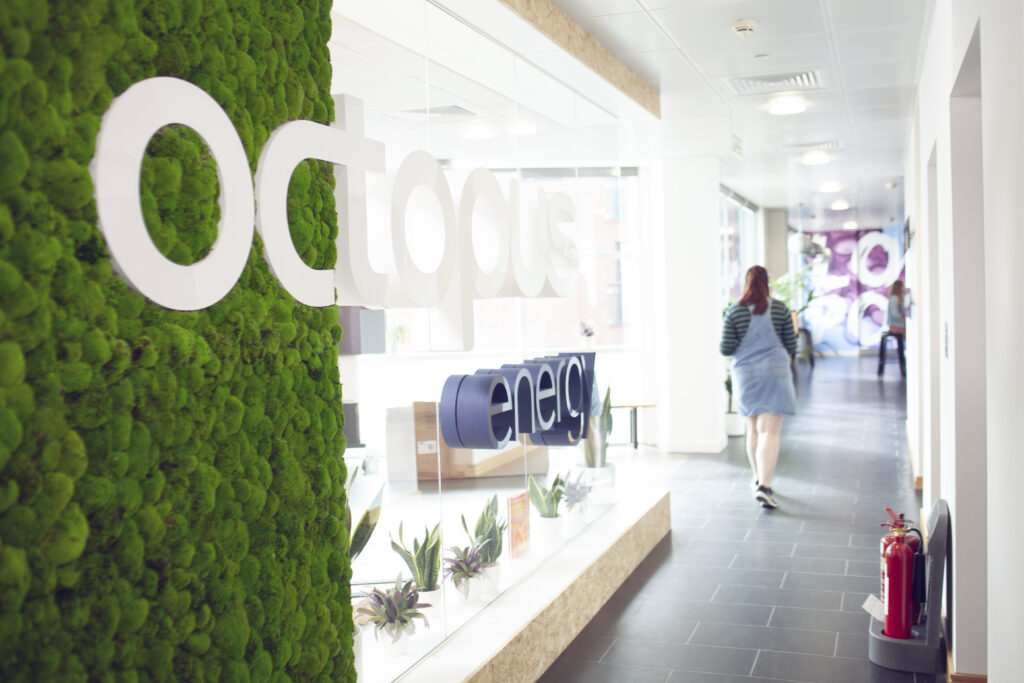Octopus Energy has released a new tariff that allows multi-site businesses to share green energy with other locations should renewable energy be generated on-site.
The ‘Max Power’ tariff will allow businesses that generate their own green energy to be able to share this energy with other sites owned by the business. In doing so, the energy bills will be significantly lower, with Octopus touting that it could reduce annual bills by up to 25%.
The tariff works for those with self-generation capabilities such as solar, onshore wind turbines, hydropower, geothermal or even battery storage in one location allowing them to share it with other sites.
Octopus stated that the new tariff can help businesses across sectors including agriculture, retail, logistics, warehousing, supermarkets and more.
“Businesses generating their own renewable energy can now bring their bills down further by sharing their cheap green power across their entire estate,” said Zoisa North-Bond, CEO of Octopus Energy for Business.
“Innovation like this puts money back in the pockets of British businesses and gives them greater control over how they use their energy. We’re showing that the greener choice can and should also be the cheaper choice.”
The new tariff has been enabled via Octopus’ proprietary tech platform Kraken. The technology offers an in-house platform based on advanced data and machine learning capabilities allowing the automation of the energy supply chain.
Kraken is used across numerous different countries by companies including EDF, E.ON, Octopus Energy, Origin, Tokyo Gas, Good Energy and Hanwha’s Nectr.
Alongside this, the Octopus ‘Saving Sessions’ scheme has also trialled this technology. This allows businesses to get paid for shifting energy usage out of peak demand hours.
Octopus Energy Group more than doubled its revenue in the full-year 2022 from a year earlier, lifted by the strength of the Kraken billing platform and rising customer numbers. Overall, the Octopus Energy Group saw its revenues grow from £2 billion to £4.2 billion, a 110% increase year-on-year, achieved against challenging conditions in the retail energy market.






